
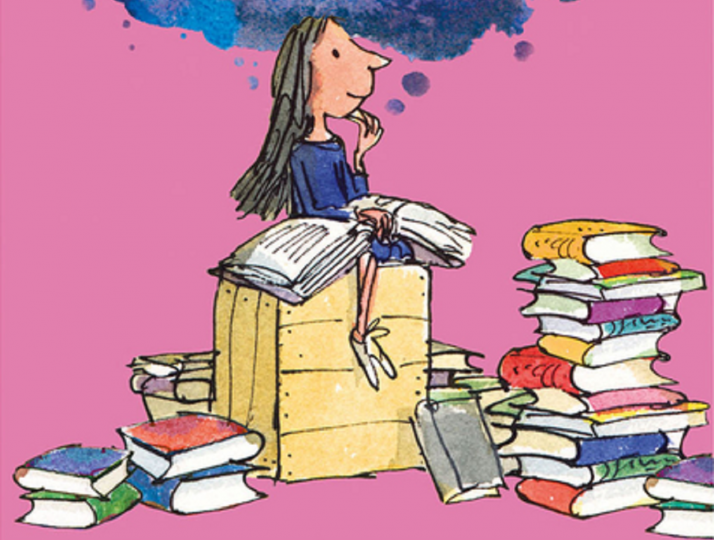
“The proper function of man is to live, not to exist.”
Jack London
“The Open Road” by Hollow Coves:
“I’d rather sing one wild song and burst my heart with it, than live
a thousand years watching my digestion and being afraid of the wet.”
“The Turtles of Tasman”
Jack London
“Anywhere” by Passenger (courtesy of The PopDiva93):
The Call of the Wild
JACK LONDON
1876 – 1916

Courtesy of Jack London State Historic Park:
Journalist and author John Griffith Chaney, better known as Jack London, was born on January 12, 1876, in San Francisco, California. Jack, as he called himself from a young age, was the son of Flora Wellman, an unwed mother, and William Chaney, an attorney, journalist, and pioneering leader in the new field of American astrology.
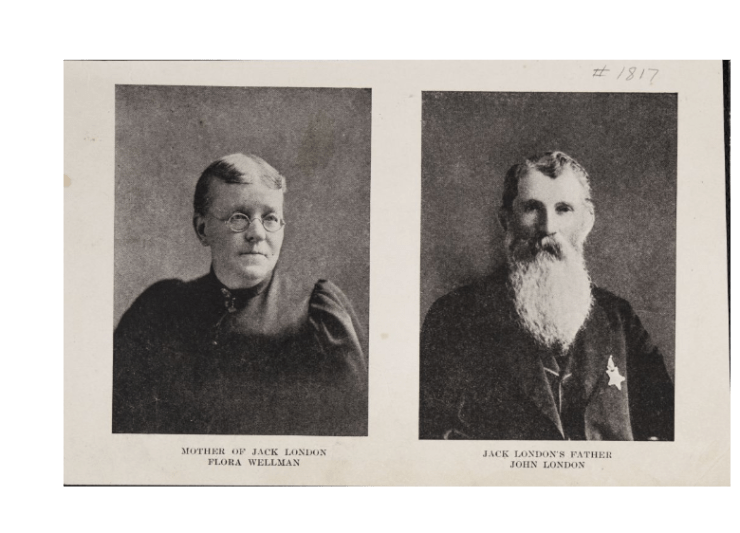 His father was never part of his life, and his mother later married John London, a Civil War veteran, who moved his family around the Bay Area before settling in Oakland.
His father was never part of his life, and his mother later married John London, a Civil War veteran, who moved his family around the Bay Area before settling in Oakland.
Courtesy of Jack London State Historic Park:
Oyster pirates

Jack London grew up in a working-class environment. He carved out his own hardscrabble life as a teenager. He rode trains, pirated oysters, shovelled coal, worked on a sealing ship on the Pacific and found employment in a cannery. In his free time, he would go to a library and read.
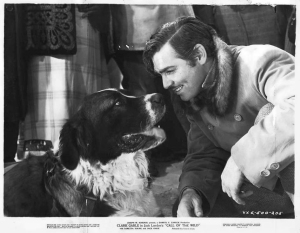
London found fame and some fortune at the age of 27 with his novel The Call of the Wild. The success did little to soften London’s hard-driving lifestyle, A prolific writer, he published more than 50 books over the years. The one well-known is the tale of a wild dog that became domesticated, White Fang.
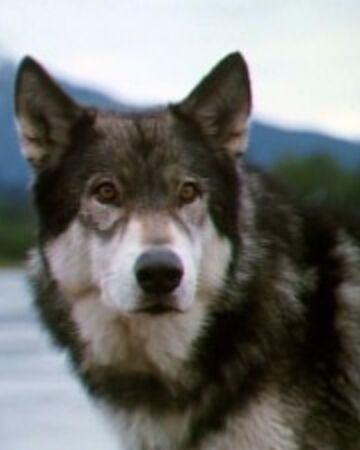
He also worked on other projects such as covering the Russo-Japanese war in 1904, introducing in Hearst newspapers American readers to Hawaii, and the sport of surfing, and frequently lecturing on the problems associated with capitalism.

Courtesy of Jack London State Historic Park:
In his later years, London married Bess Maddern, with whom he had two daughters, Joan and Bess. The marriage was doomed from the start as they married to have two children and not for love. After a few years, they divorced, and London married Charmian Kittredge, with whom he would be for the rest of his life. They lived happily on his ranch in California.
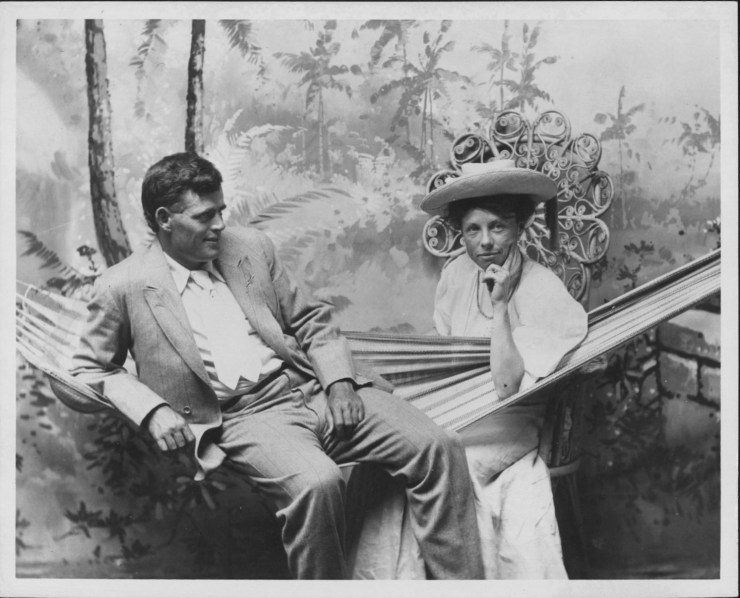
Courtesy of Jack London State Historic Park:

For much of the last decade of his life, London faced a number of health issues, due to his life-long problem with alcohol. This included kidney disease, which was the cause of his death on November 22, 1916.

Courtesy of Jason Weinrich:
The Call of the Wild
Like Buck, the big dog that is this book’s protagonist, the reader of The Call of the Wild is swiftly and irrevocably swept from the “sunkissed world” of its opening pages into a realm of elemental and unsparing experience. A favourite of his owner, Buck has known a placid, and even pampered life in California’s Santa Clara Valley – until the day he is dog-napped and finds himself “jerked from the heart of civilisation and flung into the heart of things primordial.”
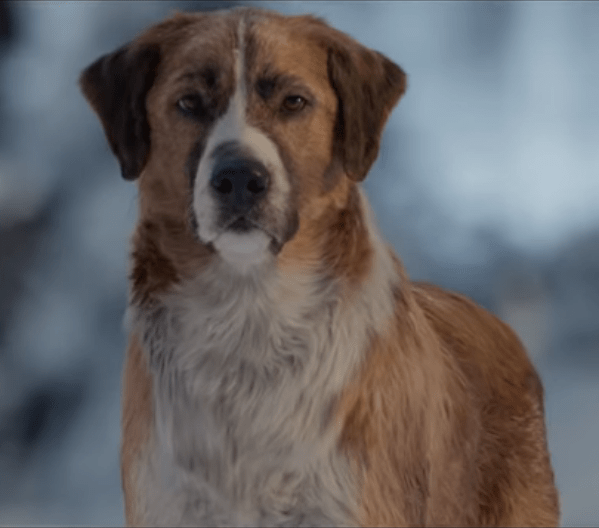
Courtesy of 20th Century Studios:
Sold first to a man supplying sled dogs to those caught up in the Klondike gold rush of the late 1890s, and then to a pair of Canadian government couriers, Buck soon learns that, in order to survive in the hard Northland, he must submit to “the law of the club and fang.” Instincts long-dormant begin to reawaken in him, and London thrillingly depicts the process of Buck’s “decivilisation” as he acclimates himself to his alluring, impulsive new life.

Even as he develops a bond of loyalty and love with his master, John Thornton, Buck is remade by the wild into a fierce and merciless creature, eventually abandoning the world of men altogether. Answering nature’s irresistible call, he joins his wolfish brethren and is last seen running with them through the wilderness, sounding “a song of the younger world, which is the song of the pack.”
Courtesy of SceneClips HD:

That, in brief, is the story of The Call of the Wild, a book that – despite the way, its subject and style contrasted with the gentility of contemporary popular fiction – was an immediate sensation, earning Jack London’s place in the public eye as the most celebrated author of his day. A hundred years later, readers are still falling under its spell.
There have been several film and television adaptations of The Call of the Wild, most notable starring Clark Gable in 1935.

As I once wrote, wolves howling is only their heartfelt call to the motherland, the Universe, from where we all have come.
An extract from The Call of the Wild:
“One night he sprang from sleep with a start, eager-eyed, nostrils quivering and scenting, his mane bristling in recurrent waves. From the forest came the call (or one note of it, – a long-drawn howl, like, yet unlike, any noise made by husky dog. And he knew it, in the old familiar way, as a sound heard before. He sprang through the sleeping camp and in swift silence dashed through the woods.
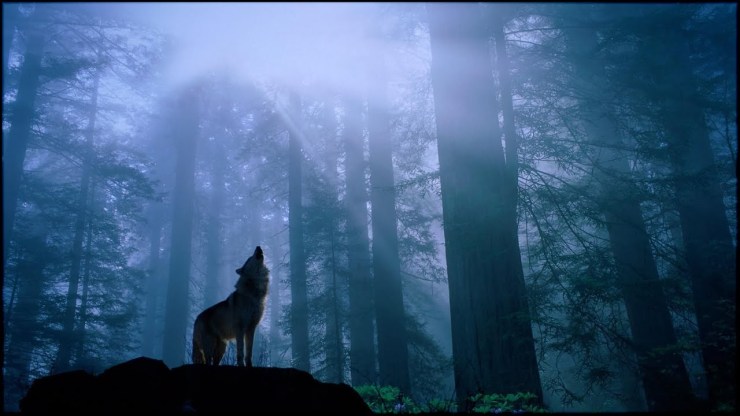
As he drew closer to the cry he went more slowly, with caution in every movement, till he came to an open place among the trees, and looking out saw, erect on haunches, with nose pointed to the sky, a long, lean, timber wolf.
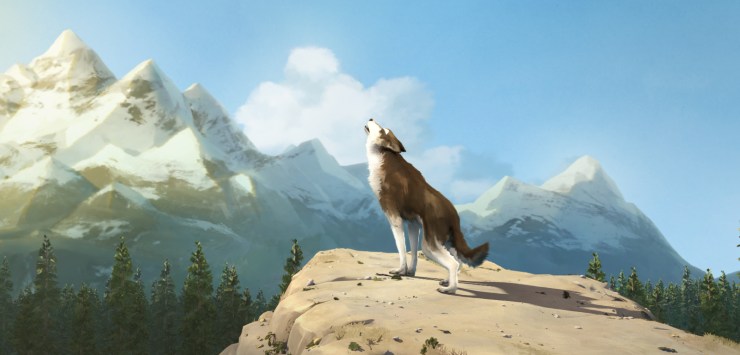
He had made no noise, yet it ceased from its howling and tried to sense his presence. Buck stalked into the open, half crouching, body gathered compactly together, tail straight and stiff, feet falling with unwonted care. Every movement advertised commingled threatening and overture of friendliness. It was the menacing truce that marks the meeting of wild beast that prey!”

“Deep River” (Traditional, Arr. Coleridge-Taylor, Kanneh-Mason), performed by The Kanneh-Mason Trio:
Courtesy of Ben Goldstein:

As always, a patiently written post in detail, did not know that his life has been so difficult.
There is always hope that you will get some new knowledge from your post, this time also you did not disappoint
LikeLike
Thank you, Nitin, for your kind comments. Greatly appreciated. I learn a lot from your outstanding posts too. Thank you.
Joanna
LikeLiked by 1 person
I really enjoyed that. I remember reading The Call of the wild at school, and enjoying it, but nothing of the actual story! I had no idea Jack London had died so young – love the photo of him gazing so adoringly at his wife. Astonishing for its time – certainly in stiff-upper-lipped Britain!
LikeLike
A wonderful writer. Call of the wild is such an engaging story!
LikeLike
Thank you, Dwight, for your kind comment. My thoughts too.
Joanna
LikeLiked by 1 person
:>) You are welcome.
LikeLike
Jack London’s style reminds me of Hemmingway – or maybe it’s just the “action packed, in person, hands on” subject matter which makes them similar. I liked reading Call of the Wild many years ago. Or maybe the heroic dog, “Buck” just appealed to a young male reader who aspired towards veterinary medicine. And yes, I did recognize the scenes and actor Emile Hirsch who played Christopher McCandless in the movie Into the Wild which was adapted from Jon Krakauer’s book (another great writer BTW).
Similarly they both spent time as journalists, had an attachment to sailing the seas, struggled with alcohol and died prematurely with an un-natural death. They both lived a full life in allotted time compressed. Sometimes that is the fate of brilliant and creative people.
Thank you, Joanna, for another engaging blog about a talented writer. Stewart
LikeLike
Thank you, Stewart, for your interesting comments. Yes, you are right, there are similarities between the two great storytellers. It is a great pleasure to write for someone like you, Stewat, genuinely interested in the review and the work and life of great writers I present each week.
Joanna
LikeLiked by 1 person
Joanna, the sentiment is reciprocal. We both have a curiosity which responds to good writing. Stewart
LikeLike
Thank you, Stewart!
Joanna
LikeLike